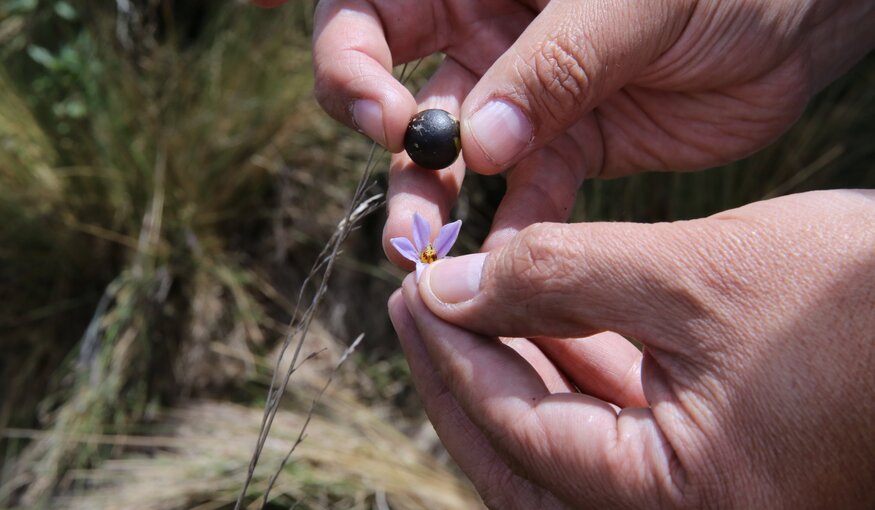Science Seeks Ancient Plants To Save Favourite Foods

5 October 2021
From a bowl of rice to a cup of coffee, experts say the foods we take for granted could become much scarcer unless we can make them resistant to climate change.
For more than 10,000 years humans have been using selective breeding to adapt fruits and vegetables to specific growing conditions that today are changing at an alarming rate. And the same breeding that has made crops profitable has also made them vulnerable to rising temperatures, drought, heavy rains, new blights or plagues of insects.
"When you select 'for the best' traits (like higher yields), you lose certain types of genes," Benjamin Kilian, project lead for the Crop Wild Relatives Project at Crop Trust, told AFP.
"We lost genetic diversity during domestication history... therefore the potential of the elite crops to further adapt to the future -- to climate change and other challenges -- is limited."
The answer, scientists say, may be to reintroduce that genetic diversity by going back to domesticated crops' wild ancestors.
